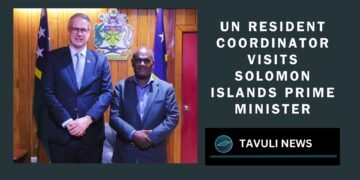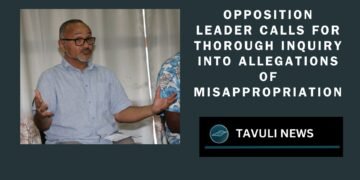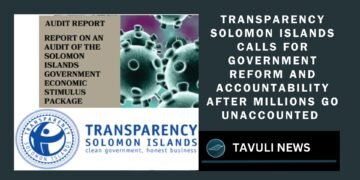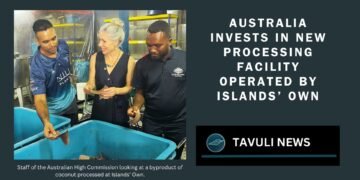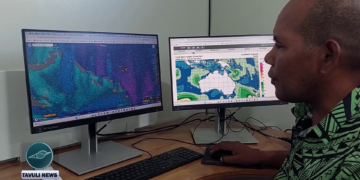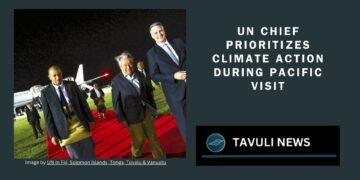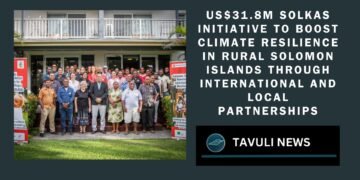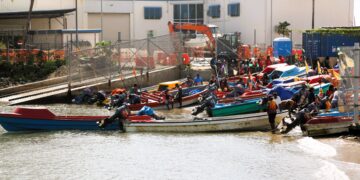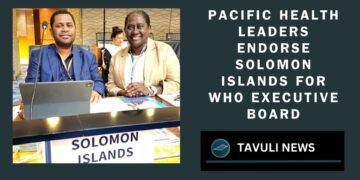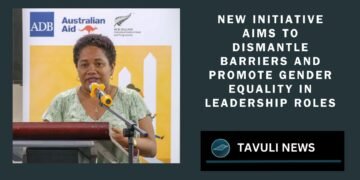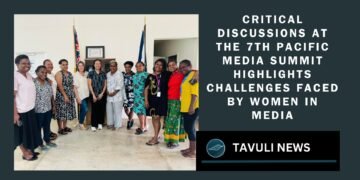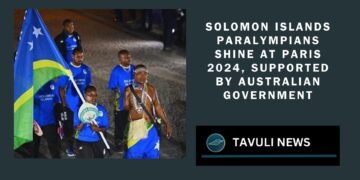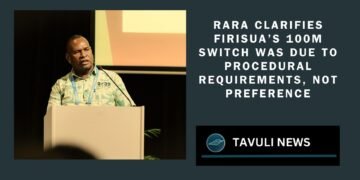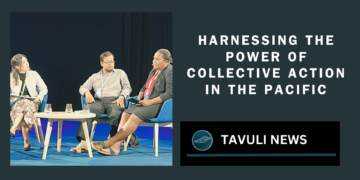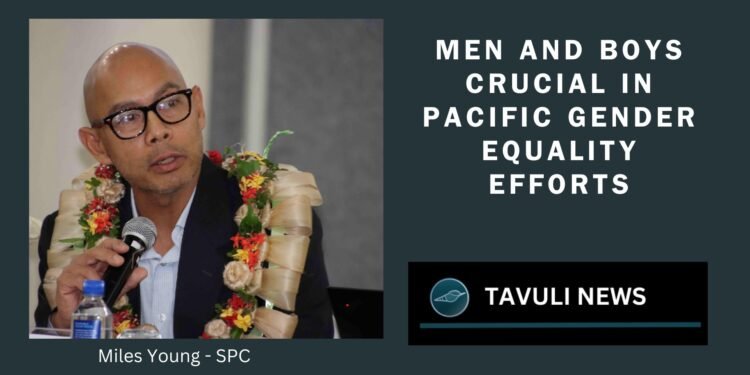Study reveals 60 percent of young males view equality as discriminatory; Pacific leaders emphasize inclusive strategies for success
By Netani Rika – Majuro, Marshall Islands
MEN and boys must be involved in Pacific gender equality efforts to ensure these programmes are effective. This warning as delegates gather for the 15 th Triennial Conference of Pacific Women here this week.
A study across 31 countries has found that 60 per cent of males aged 16-24 years believe that women’s equality discriminates against men. “This finding is troubling and while the study did not include countries in the Pacific, it is important we take note of it and continue to look at ways to better engage men and boys in gender equality efforts in our part of the world,’’ said Miles Young, Director of the Human Rights and Social Development Division at the Pacific Community. Young said men and boys must be involved on a journey of understanding that gender equality benefited everyone.
Government officials, members of civil society and staff of donor agencies will deliberate this week and take decisions on issues concerning women and girls, gender equality, and the realisation of human rights for women in the Pacific. The Triennial Conference, and the Pacific Ministers for Women’s Meeting which
immediately follows, have been priorities for SPC for the past 45 years.
“Noting the continuing relatively low representation of women across our national parliaments and at the highest levels of decision-making in the private sector, there may be an opportunity this week to discuss revitalising the conversation around affirmative action – or what some term temporary special measures,” Young said.
He noted the presence of Tuvalu Prime Minister, Feleti Teo, Marshallese Women’s Minister, Jess Gasper, and United Nations Women Senior Adviser, Asger Rhyl, and “the many other men who are committed to gender equality’’.
“There may be an opportunity for discussions around how to more effectively engage men and boys in progressing gender equality,’’ Young said.
Women make up 8.8 per cent of parliamentarians (54 MPs) in the Pacific, up from 4.7 per cent (26 MPs) in 2013. Discussions over the four-day triennial will cover a range of issues, including reflection on progress towards the outcomes of past triennials. Noting the continuing relatively low representation of women across our national parliaments and at the highest levels of decision-making in the private sector, there may be an opportunity this week to discuss revitalising the conversation around affirmative action – or what some term ‘temporary special measures.’
“This is an historic occasion – the first time the Triennial Conference is being held in the Marshall Islands,” Young said. “Whatever the issues covered, please be assured that SPC stands ready to collaborate with you and our development partners, to support your decisions and the outcomes of the convenings – this commitment reflects the highest priority which SPC attaches to supporting gender equality in the region.’’





